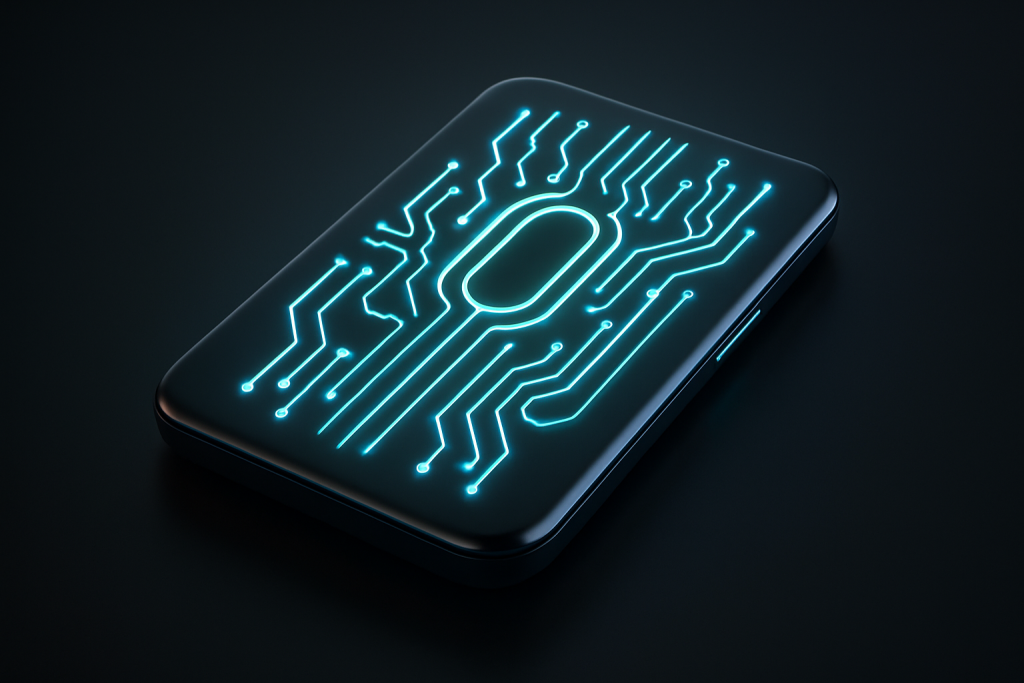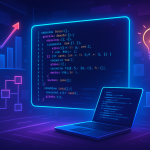The future just got a whole lot shinier, and a whole lot smarter. In a move that sent shockwaves through the tech world yesterday, OpenAI announced its acquisition of io, the hardware startup co-founded by none other than Sir Jony Ive, the design guru behind some of Apple’s most iconic creations. The price tag? A cool $6.4 billion, paid entirely in OpenAI equity. This isn’t just another tech acquisition; it’s a declaration of intent, a signal that OpenAI is ready to move beyond software and into the tangible world of hardware, with Ive as its aesthetic guiding light.
Think about it: OpenAI, the company that brought us ChatGPT and DALL-E, now has the design mastermind behind the iMac, iPod, and iPhone in its corner. It’s like pairing Picasso with a supercomputer. But to truly understand the magnitude of this deal, we need to rewind a bit.
Jony Ive’s departure from Apple in 2019 after nearly three decades marked the end of an era. He was more than just a designer; he was the soul of Apple’s aesthetic, the man who understood that technology should be both powerful and beautiful. He founded LoveFrom, his own design firm, and then, in 2023, launched io, a hardware startup shrouded in secrecy. OpenAI, sensing an opportunity, initially took a 23% stake in io, setting the stage for this week’s full-blown acquisition. It was a slow burn, a carefully orchestrated dance between two titans of innovation.
The acquisition itself is straightforward: OpenAI absorbs io’s 55 employees, adding their expertise to its already formidable arsenal. While Ive won’t become an OpenAI employee, he’ll serve as a consultant through LoveFrom, ensuring his design influence remains central to OpenAI’s hardware ambitions. He gets to keep his independence while shaping the future of AI hardware. It’s a win-win, assuming you’re into reshaping the very fabric of reality.
So, what does this all mean? Simply put, OpenAI is betting big on the idea that AI’s future isn’t just about chatbots and image generators. It’s about seamlessly integrating AI into our physical world. They envision “physical AI embodiments,” devices that anticipate our needs, learn from our behaviors, and interact with us in ways we can scarcely imagine today. Forget typing commands; think AI-powered wearables that respond to your thoughts, or robots that anticipate your needs before you even realize them. It’s a future straight out of a Philip K. Dick novel, but with a touch of Jony Ive’s minimalist elegance.
This move isn’t happening in a vacuum. The entire tech industry is racing to embed AI into hardware. Amazon, for example, is already experimenting with AI-powered audio summaries for products, enhancing the shopping experience. At its recent I/O conference, Google unveiled Project Astra, an intelligent AI assistant, alongside AI Mode for search. Everyone wants a piece of the AI hardware pie, and OpenAI just bought the entire bakery. This isn’t just about competing; it’s about defining the next era of human-computer interaction.
But let’s not get carried away with visions of sentient toasters and self-aware refrigerators just yet. There are real ethical and societal questions to consider. As AI becomes more deeply integrated into our lives, issues of privacy, bias, and control become even more pressing. Who owns the data generated by these AI-powered devices? How do we ensure that these technologies are used for good, not for manipulation or surveillance? These are the questions we need to be asking now, before we’re living in a world where our coffee makers know us better than we know ourselves. It raises the specter of Skynet, albeit a Skynet designed with impeccable taste.
The financial implications are also significant. OpenAI’s $6.4 billion investment signals a massive shift in the AI landscape. It’s a clear message that hardware is the next frontier, and that companies that can successfully bridge the gap between AI and the physical world will be the winners. This could spark a wave of acquisitions and partnerships as other tech giants scramble to catch up. The market for AI-powered hardware is poised to explode, creating new opportunities for innovation and investment. Get ready for your stock portfolio to become even more… sentient.
Ultimately, OpenAI’s acquisition of io is more than just a business deal; it’s a cultural moment. It’s a fusion of cutting-edge AI technology and iconic design, a collaboration that could redefine the way we interact with technology for generations to come. Whether it leads to a utopian future of seamless AI integration or a dystopian nightmare of algorithmic control remains to be seen. But one thing is certain: the future is coming, and it’s going to be beautifully designed.
Discover more from Just Buzz
Subscribe to get the latest posts sent to your email.


